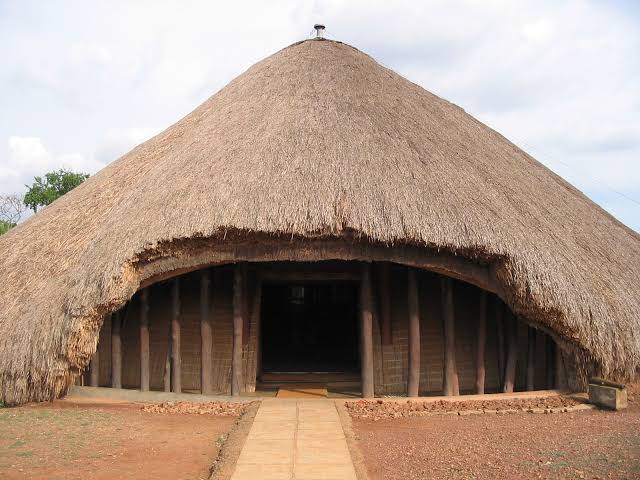After being damaged by a fire in 2010, the Kasubi site, which houses the tombs of Buganda rulers in southern Uganda, has been removed from Unesco’s World Heritage in Danger list. The site, located in the hills above Kampala, consists of circular buildings made of wood, reeds, and thatched roofs. It has been recognized as a World Heritage Site by Unesco since 2001.
The main building of the site, known as Muzibu-Azaala-Mpanga, was largely destroyed in the fire, which contained the tombs of four Buganda kings. Through an international funding program, a successful reconstruction effort was completed in the summer of 2023, restoring the site to its desired state of conservation. The decision to delist the Kasubi site was made by the World Heritage Committee during its meeting in Riyadh, scheduled until September 25.

Unesco Director General Audrey Azoulay expressed her congratulations on the collective success of the reconstruction, highlighting the involvement of Ugandan authorities, heritage professionals, and local communities. Azoulay also emphasized the significance of this news for the international community, particularly in prioritizing African sites within World Heritage. Currently, half of the sites on the List of World Heritage in Danger are located on the African continent.
The Kasubi site, former palace of the Buganda kings, originally built in 1882 and transformed into a royal burial ground in 1884, is recognized as an exceptional example of the architectural style developed by the powerful Buganda kingdom from the 13th century onwards, according to Unesco.
The 2010 fire caused unrest among the Baganda people, who are subjects of the Buganda kings and one of Uganda’s main ethnic groups. At the time, tensions between the government and the Baganda were strained due to a travel ban imposed on their monarch in September 2009, which led to widespread protests in Kampala, resulting in the loss of at least 27 lives.

